Scientific networks & programs
iBraiN's staff are coordinators or members of different scientific networks & programs.
Inserm Gold Program
This program aims to create, using the resources of the Constances cohort and the General Population project of the France Genomic Medicine 2025 plan, of a cohort of individuals contributing to the identification of common genetic variants in the general population, and on which different phenotypes and biomarkers will be measured and monitored over time. Then, this program will propose innovative methods for integrating data of a heterogeneous nature. Finally, these results will be interpreted to better understand the role played by genes on phenotypes.
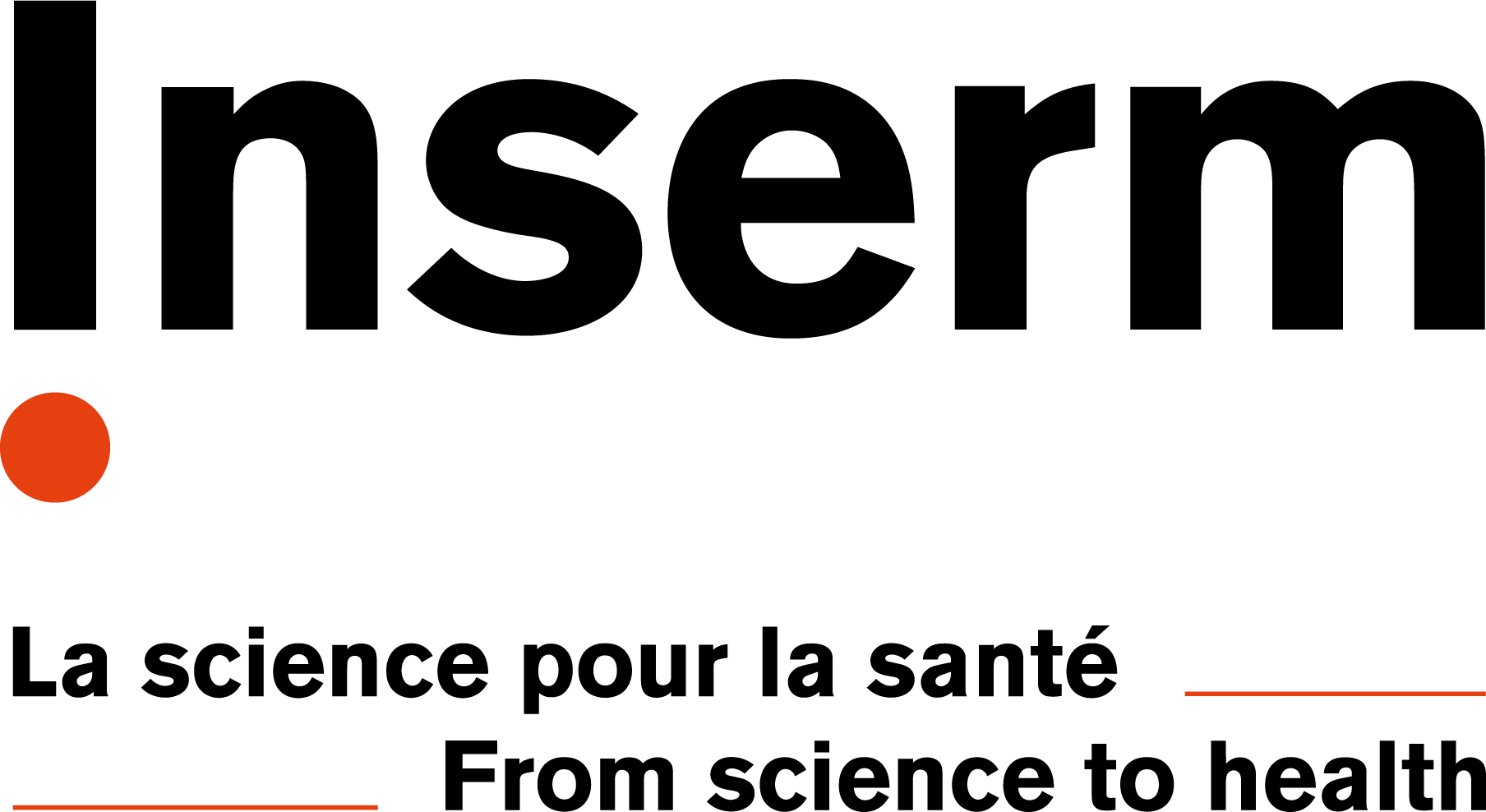
More information
Contact: F. Laumonnier
iBraiN, Inserm UMR 1253, Université de Tours
10 boulevard Tonnellé - 3032 Cedex 1, France.

More information
Contact: F. Laumonnier
iBraiN, Inserm UMR 1253, Université de Tours
10 boulevard Tonnellé - 3032 Cedex 1, France.
Inserm Impulsion program - Neurotechnologies
This program promotes complementary approaches to conduct prospective research on brain imaging and neuromodulation with an emphasis on the portability of these neurotechnologies. Neurotechnologies are based on a set of approaches that aim to explore the brain to: 1) better understand its functioning or measure its condition; 2) detect biomarkers that provide diagnostics; 3) guide therapeutic strategies; 4) act to modulate, compensate and correct dysfunctions; 5) monitor the evolution of pathologies or repair and compensation actions.

More information
Contact: A. Bouakaz
iBraiN, Inserm UMR 1253, Université de Tours
10 boulevard Tonnellé - 3032 Cedex 1, France.

More information
Contact: A. Bouakaz
iBraiN, Inserm UMR 1253, Université de Tours
10 boulevard Tonnellé - 3032 Cedex 1, France.
UNESCO Chair in childhood maltreatment
The UNESCO “Child maltreatment” chair is an international cooperation system that encourages interdisciplinary dialogue to share solutions to prevent child abuse. The objective is to produce knowledge in order to contribute to the evolution of practice at a global level and to offer a compilation of online courses, educational mini-conferences with self-assessment and summer schools.

More information
Contact: C. Belzung
iBraiN, Inserm UMR 1253, Université de Tours
10 boulevard Tonnellé - 3032 Cedex 1, France.

More information
Contact: C. Belzung
iBraiN, Inserm UMR 1253, Université de Tours
10 boulevard Tonnellé - 3032 Cedex 1, France.
PEPR PROSPY
PROPSY will focus on 4 of the most disabling disorders: bipolar disorders, major depressive disorders, schizophrenia and autism spectrum disorders. To deploy precision psychiatry, the main challenges are: 1) Discover prognostic and stratification biomarkers, 2) Better understand the underlying mechanisms, 3) Develop targeted therapeutic strategies, 4) Reduce stigma, 5) Create a biomedical sector for mental health and psychiatric illnesses to reduce costs.
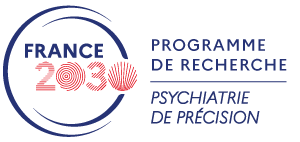
More information
Contact: W. El-Hage
iBraiN, Inserm UMR 1253, Université de Tours
10 boulevard Tonnellé - 3032 Cedex 1, France.

More information
Contact: W. El-Hage
iBraiN, Inserm UMR 1253, Université de Tours
10 boulevard Tonnellé - 3032 Cedex 1, France.
iBraiN's clinicians are coordinators or members of different scientific networks.
ALS MinE international network
The MinE network is an international groundbreaking genetic ALS research network. To understand the genetic basis of ALS and ultimately find a cure for this devastating, fatal neuromuscular disease. The scientific goal are to analyse and to compare the DNA of at least 15,000 ALS patients and 7,500 control subjects with whole genome sequencing.
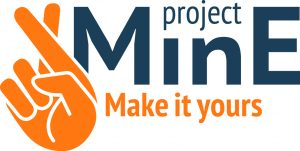
More information
Contact: P. Corcia
CHRU Bretonneau ‐ 2 boulevard Tonnellé
37044 Tours Cedex 9, France.

More information
Contact: P. Corcia
CHRU Bretonneau ‐ 2 boulevard Tonnellé
37044 Tours Cedex 9, France.
Federative Research Structure - Mental health, Neuroscience, Behaviour
This structure brings together more than 20 research teams spread across 6 academic laboratories in Tours, Orléans and Poitiers in the following research areas: 1) Pathophysiology of development and aging, 2) Psychiatric illnesses & 3) Neurobiology of major functions and behaviors in animal models. 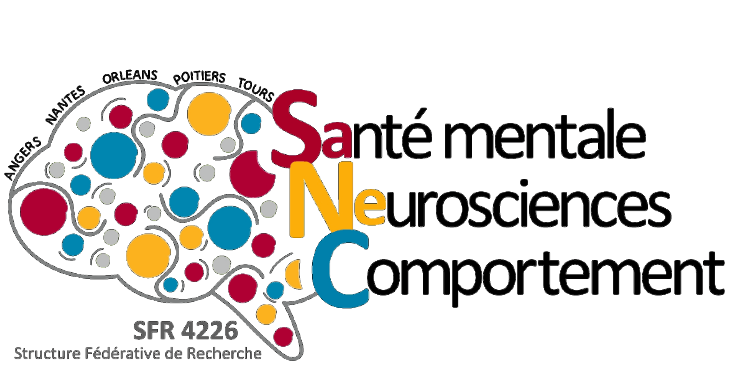
More information
Contact: M. Gomot
CHRU Bretonneau ‐ 2 boulevard Tonnellé
37044 Tours Cedex 9, France.

More information
Contact: M. Gomot
CHRU Bretonneau ‐ 2 boulevard Tonnellé
37044 Tours Cedex 9, France.
Autism and NDD GIS
With the support of the French National Strategy for Neurodevelopmental Disorders, the Autism and Neurodevelopmental Disorders Scientific Interest Group (Autism and NDD GIS) is part of the desire to give a central place to science by strengthening and structuring research. The Autism and NDD GIS is a research network of more than 130 accredited teams working in all disciplines across France. This network incorporating researchers as well as individuals concerned and their families, is widely connected at the international level.
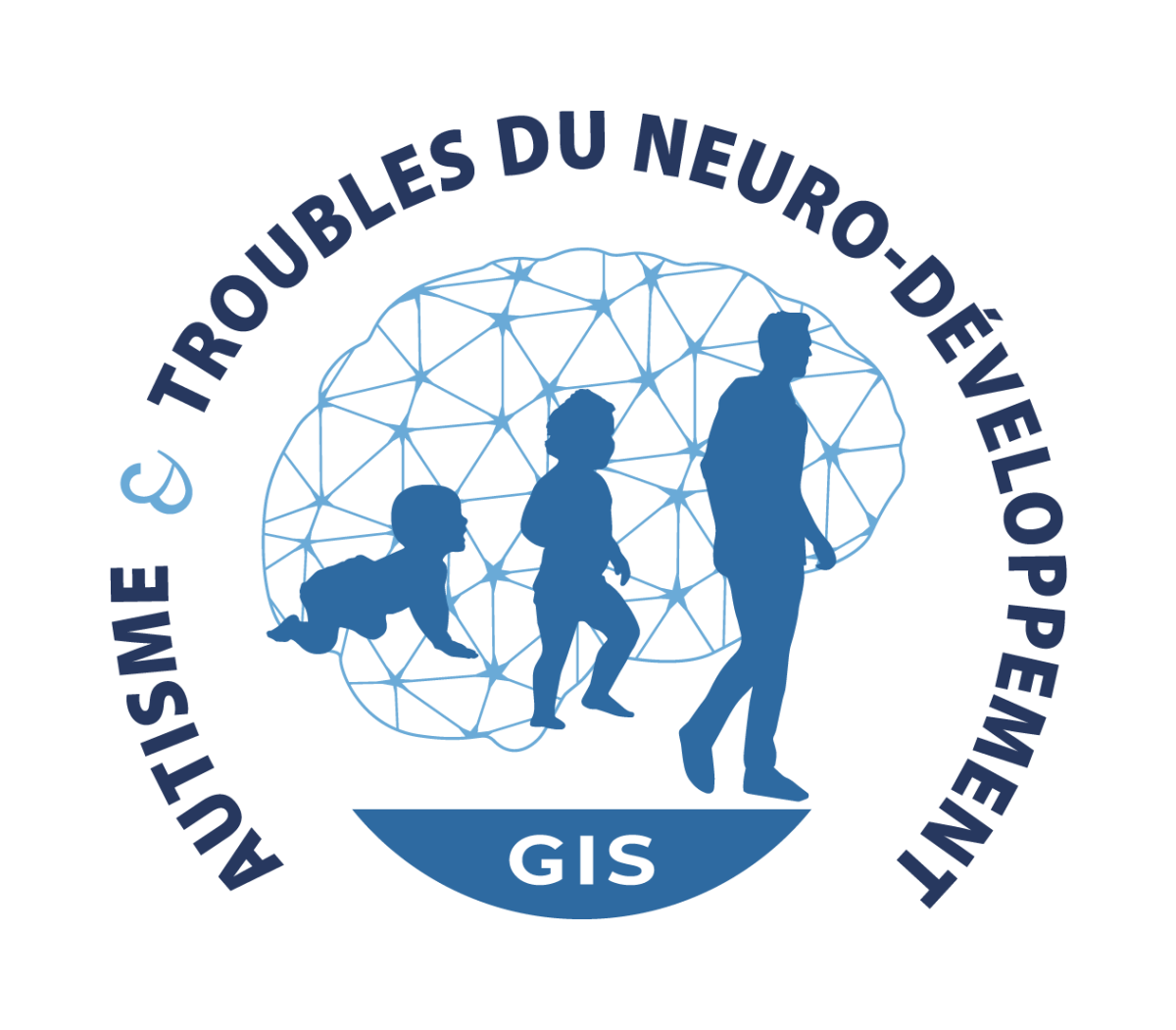 More information
More information
Contact: F. Bonnet-Brilhault
CHRU Bretonneau ‐ 2 boulevard Tonnellé
37044 Tours Cedex 9, France.

Contact: F. Bonnet-Brilhault
CHRU Bretonneau ‐ 2 boulevard Tonnellé
37044 Tours Cedex 9, France.
Organoids GDR
Research in biology and health uses models to understand the processes of development, physiology or pathologies. The development of model systems that are more representative in terms of physiology and predictability has seen a major innovation in recent years: organoids. This approach combines the grandiose mastery of stem cell culture tools, control of cell differentiation, gene editing and multidimensional culture technologies. The combination of these advanced technologies thus offers access to three-dimensional biological structures, reproducing in an increasingly faithful manner the ultrastructure and functional properties of organs. The GDR Organoids (CNRS GDR2102) was formed in 2021 to support this field of research
 More information
More information
Contact: D. Ung
iBraiN, Inserm UMR 1253, Université de Tours
10 boulevard Tonnellé - 3032 Cedex 1, France.

Contact: D. Ung
iBraiN, Inserm UMR 1253, Université de Tours
10 boulevard Tonnellé - 3032 Cedex 1, France.
OuestOÏD
The OuestOÏD network brings together nearly 70 stakeholders from the Greater Western France region engaged in both fundamental and applied research on organoids and other 3D models. Established through a federating Biogenouest initiative and funded by the Brittany and Pays de la Loire regions, the network fosters the pooling of expertise, know-how, and technological platforms across research teams and core facilities.

More information
Contact: D. Ung
iBraiN, Inserm UMR 1253, Université de Tours
10 boulevard Tonnellé - 3032 Cedex 1, France.

More information
Contact: D. Ung
iBraiN, Inserm UMR 1253, Université de Tours
10 boulevard Tonnellé - 3032 Cedex 1, France.
